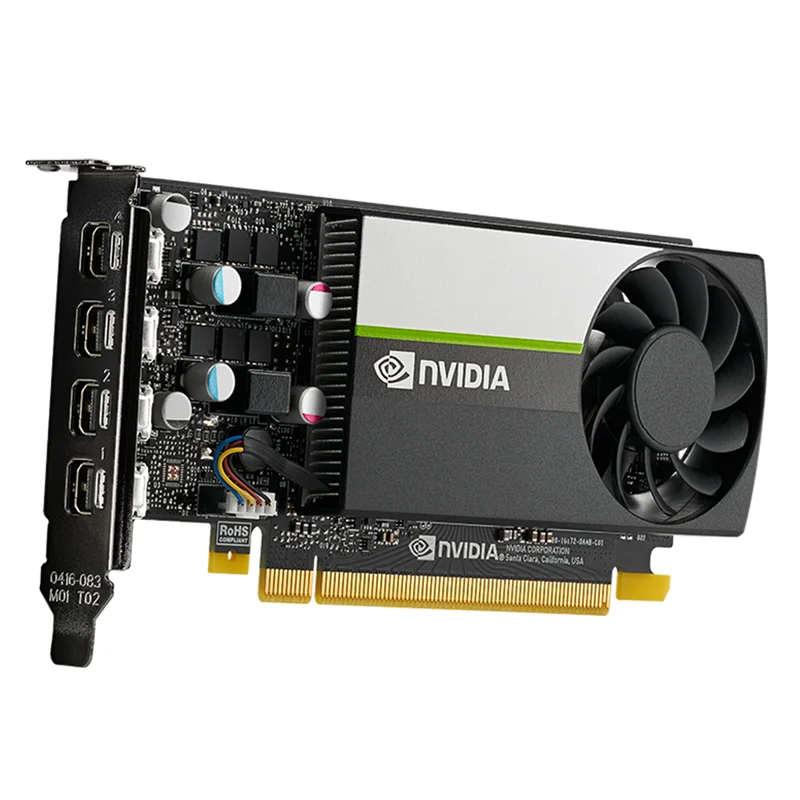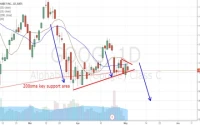Nvidia's Software Struggles: Are They Just a $5 Trillion Company Problem?
Alright, so Nvidia, the darling of the AI boom, is apparently having some growing pains. Color me shocked. They’re raking in cash hand over fist, hit a $5 trillion market cap – five trillion, people – and now we’re supposed to feel bad that their software sales team is…struggling? Give me a break.
The "Comprehensive Software Story"
Internal emails are circulating, painting a picture of a company that can't quite get its act together when it comes to selling software alongside its shiny new AI hardware. Apparently, “Everyone is hacking their own decks together and we need to come up with one company message.”
Translation: nobody knows what the hell they're doing. They're so focused on the hardware gold rush that the software side is a chaotic mess of competing narratives and half-baked strategies. And we're talking about Nvidia AI Enterprise (NVAIE), Run:ai, Omniverse, vGPU... a whole alphabet soup of products that are supposed to be the future, but sound more like a headache.
I mean, let's be real, Nvidia's bread and butter is GPUs. Software is just the side hustle, the thing they think will deepen customer dependence and generate recurring revenue. But what if it's just a distraction? What if they're spreading themselves too thin chasing every shiny object in the AI space?

The "Fundamental Disconnect"
Here's the kicker: there's a "fundamental disconnect" between Nvidia and their clients' legal and procurement teams, especially in highly regulated industries like finance and healthcare. Nvidia's internal emails reveal a 'fundamental disconnect' with major software clients Data security, indemnity obligations, damages caps… suddenly, the AI dream hits the cold, hard wall of legal reality.
You know, it's always fun to watch tech companies run headfirst into the brick wall of regulation. They think they can just disrupt everything with their fancy algorithms and world-changing innovations, but then they discover that, whoops, turns out there are reasons why things are done a certain way in these industries. Maybe, just maybe, those "archaic" processes are there to protect people and prevent catastrophic screw-ups.
And Nvidia wants higher damages caps? Seriously? That's like saying, "Hey, we might mess things up big time, but we don't want to pay too much when we do." What kind of message is that sending to potential clients?
Offcourse, Nvidia isn't alone in this. Goldman Sachs says some companies think AI is "too early to deploy widely." Maybe they're right. Maybe the hype has outpaced the reality, and we're all just caught up in a collective delusion about the transformative power of AI.
Then again, maybe I'm just being cynical. Maybe Nvidia will figure it out. Maybe they'll streamline their software sales process, educate their clients, and bridge that "fundamental disconnect." But I wouldn't bet on it.
It's a Classic Case of "Too Much, Too Soon"
Nvidia's problem isn't just a $5 trillion company problem. It's a human problem. They got too big, too fast, and now they're scrambling to keep up. They're so busy chasing the next billion-dollar deal that they forgot the basics: clear communication, realistic expectations, and a software strategy that actually makes sense. It ain't rocket science, but apparently, it's harder than building the world's most powerful GPUs.










